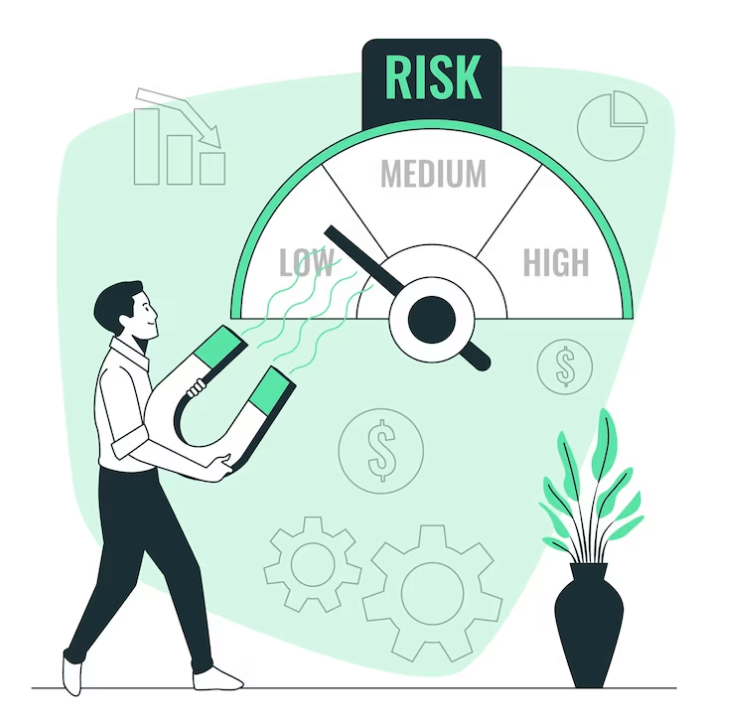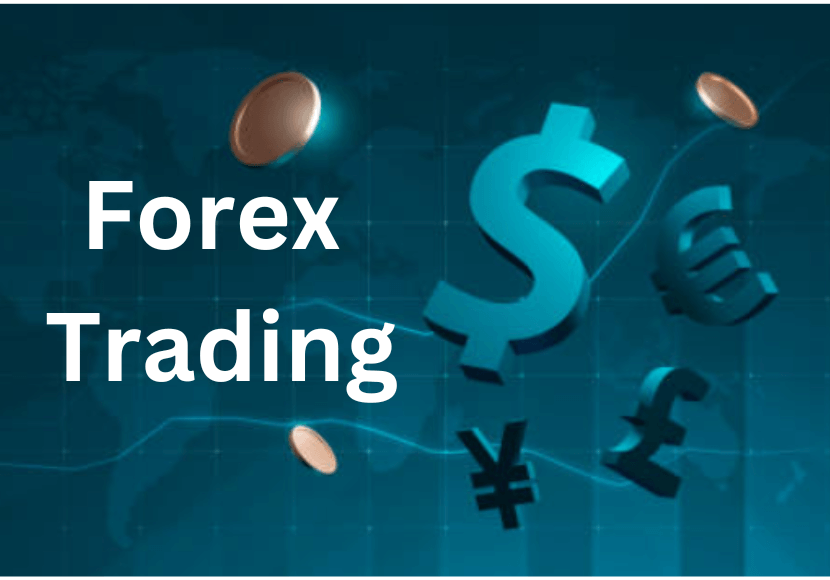Forex trading is nothing, but the currencies are traded to make a profit. All you need to do is buy and sell global currencies by following the top trading strategies forex. Despite a centralized location, Forex Trading operates electronically all 24 hours a day and 5 days a week. The Forex market is under surveillance by a network of global banks and financial institutions.
How Forex Trading Works
The Forex traders use a currency pair for trading. It is nothing but two different currencies paired together, like EUR/USD. This denotes the current market value of one currency with respect to another. A currency pair is represented by a three-letter code. The first two letters depict the name of the country, and the last letter states the name of the currency. For instance, the currency code for the US Dollar is USD.
In a currency pair quote, the first currency is called the base currency, and the second one is called the quote currency. This determines how much quote currency a trader can buy with one unit of base currency. You can simultaneously buy one currency while selling another to generate profit.
What are the Types of Forex Trades
There are four major types of Forex trades listed below,
| Types of Forex Trades | Description |
|---|---|
| Scale Trades | Swing traders will trade for a specific period of timeframe, ranging from a few days to several weeks. |
| Day Trades | Scale trading starts with a small initial position and gradually scales into a larger position. Here, the losses are minimal. |
| Swing Trades | This type of trader will hold their trades for a relatively long period, from months to years. |
| Position Trades | Swing traders will trade for a specific timeframe, ranging from a few days to several weeks. |
Things to Know Before You Get Started With Forex Trading
Follow the simple steps mentioned below before you get started with Forex Trading,
Research About Forex Market
Before you get started with Forex Trading, make sure you have a solid understanding of how Forex trading works before you proceed with your first trade. You should know the fundamentals, terminologies, and trading strategies. Also, it is important to know about the currency pairs you are trading in, as each pair behaves differently. You can find more such information on the trading platform’s website you choose.
Choose a Reliable Broker

Moving on, it is crucial to choose the right broker if you are a beginner in forex trading, as it involves very quick trading executions. Don’t go with the Forex broker that ranks first online. Instead, take some time to research different brokers and read the reviews. Also, you can consider the following factors before choosing an authorized broker for forex trading
- Offers User-friendly trading platform
- Access to various trading instruments
- Fees Structure
- Exceptional customer support
- Access to leverage.
- Educational resources to know the basics of forex trading
Start with a Demo Account
If you are new to forex trading, you can consider using a demo account for practice. The demo account facilitates using virtual funds to become familiar with trading strategies. In that way, you will not tend to lose your real money and can gain more knowledge regarding the trading platform you use. You can switch to a real account until you generate profit consistently.
Analyse Your Trade
It is important to analyze your trading pattern to earn more profits. You can maintain your trading records in a journal, including factors like reasons for entering a trade, entry & exit points, and the outcome. Also, you should review your trading journal regularly to identify your strengths and weaknesses to maximize profit.

Effective Leverage and Risk Management
Lastly, it is important to keep your emotions under control to minimize financial risk, as forex trading is highly volatile and requires strong decision-making skills. You have to stay focused, maintain discipline, and stick to trading plans without worrying about losses for a long-term profit. Also, it is vital to know what is leverage in forex to manage potential gains and losses.

FAQ
The major currencies in the Forex market are the US Dollar (USD), Japanese Yen (JPY), British Pound (GBP), Australian Dollar (AUD), Canadian Dollar (CAD), Swiss Franc (CHF), and New Zealand Dollar (NZD).




Comments are closed.